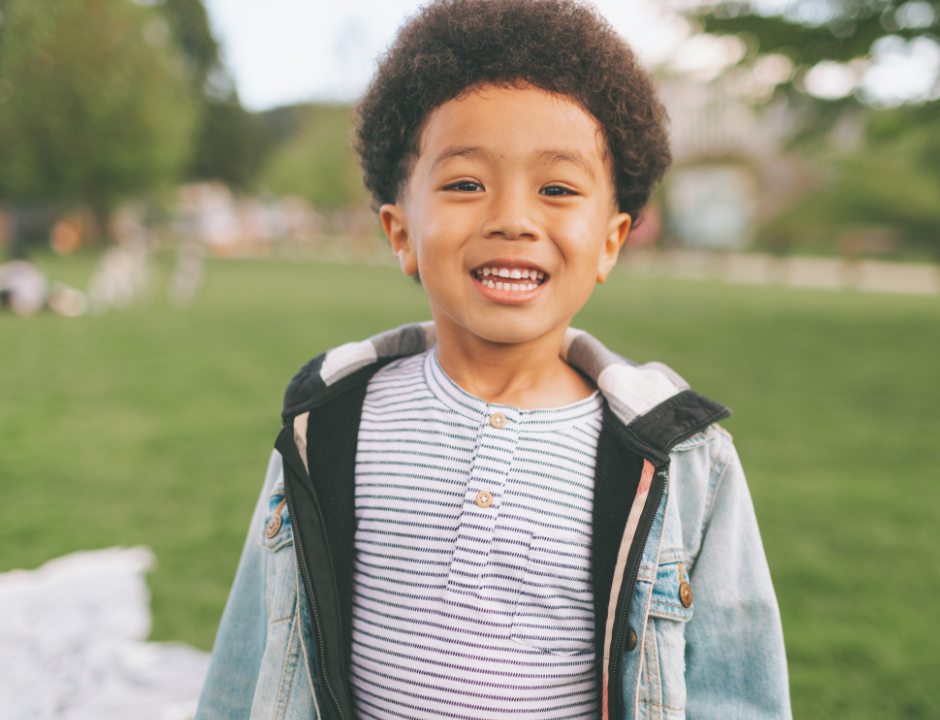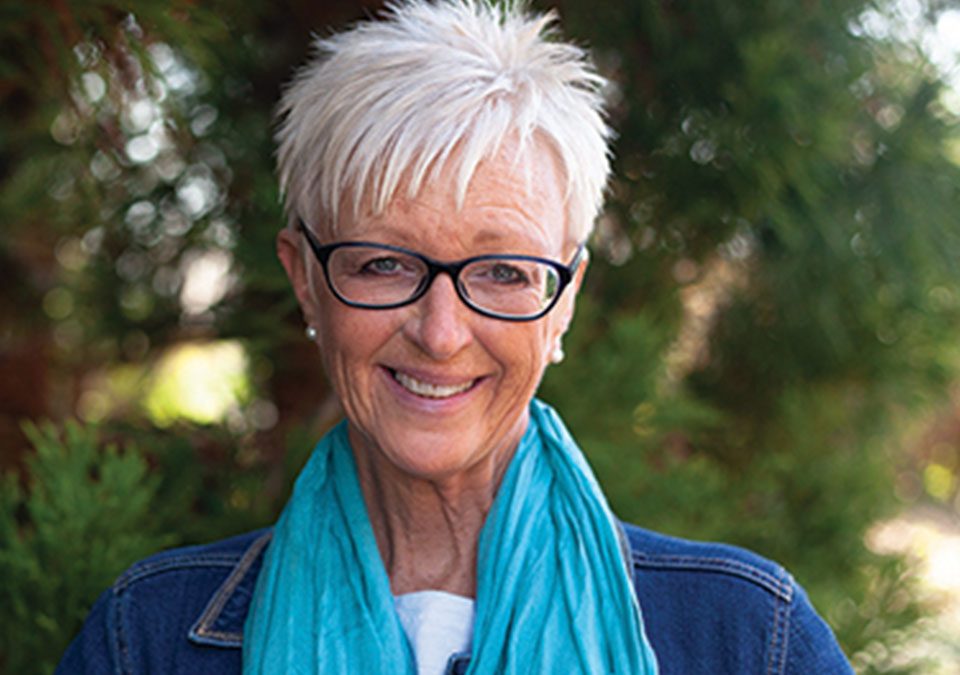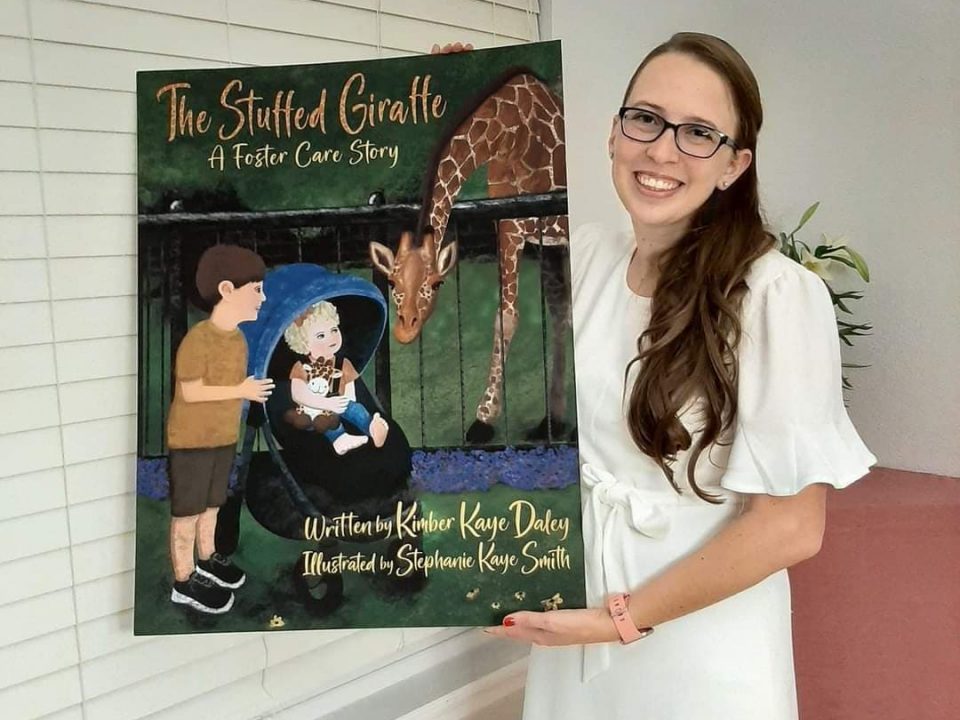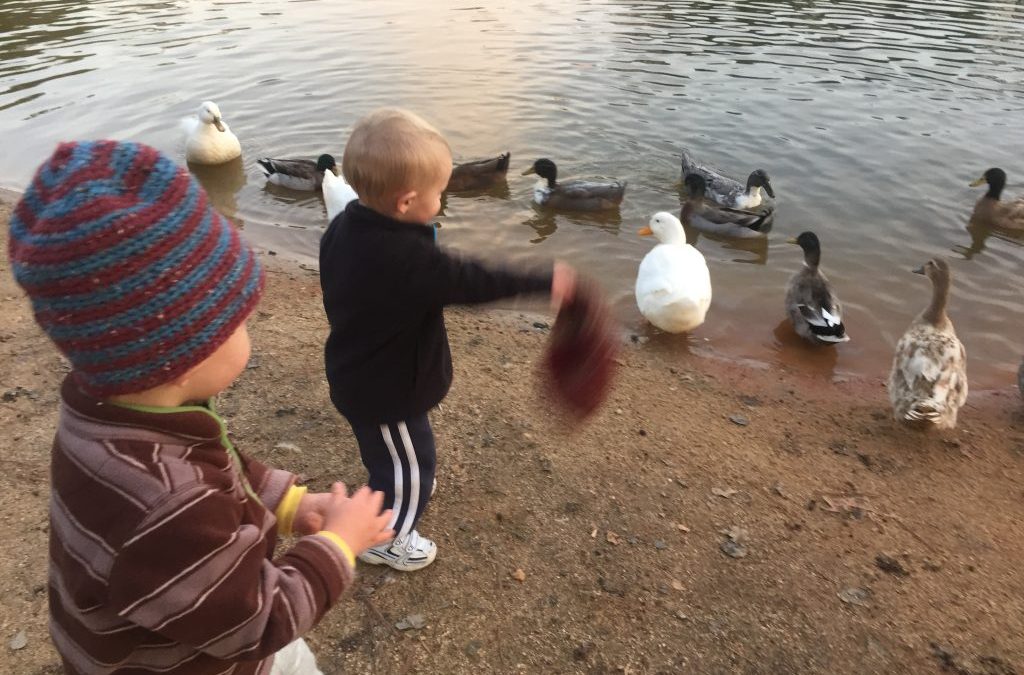
Your relationships with your brothers and sisters are the often the longest-lasting you will ever have. Many sibling groups, already devastated by the trauma of entering foster care, are often separated. There are not nearly enough foster homes that can accept sibling groups, some even adopted by different families.
Maintaining sibling relationships for children in foster care and even post adoption is incredibly important- when keeping them together is not possible. It leads to positive support and improved outcomes for all children.

Today, Latece from our parent organization Fostering Great Ideas tells us about about her experiences with connecting siblings separated in foster care and the powerful bond they’re able to build and maintain with the support of foster and adoptive parents on #FosterFridayLive. Latece has worked with FGI since 2015. She worked as the Sib-Link Program Manager, facilitating visits for siblings separated in foster care. Watching them develop special bonds is why she loves what she does.
Why are sibling bonds so important in foster care?
Just think about your siblings- if you have siblings and something traumatic happens, you want your siblings more than anything. I was reminded of this when my mom passed away in my twenties; if I did not have my brother to go through that experience with, I don’t know what I would have done. It’s the same thing with kids that enter foster care. They have gone through a traumatic experience, ripped from their homes for whatever reason. That sibling bond is so important for their growth and development from that point on. They’ve gone through trauma and they need that person that relates to them. They need their relative- which has the word relate in it. They know they have gone through the same thing; they have the same experiences. That’s who they feel comfortable with. It will lower the anxiety. When they come together- even once a month- it is important to them. They need to see each other. It’s so important.
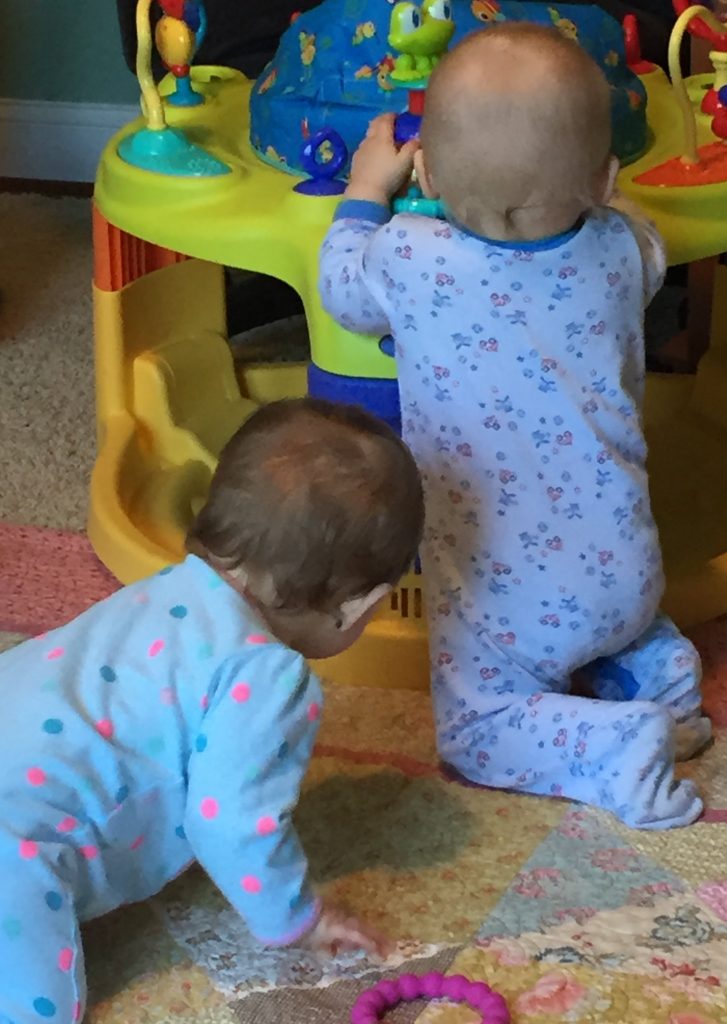
When siblings are separated, how does that impact them?
When they’re not together, they tend to act out more because they are not only scared, but they are confused and they are angry. They feel they have had their voice taken away. They feel like their world has been turned upside down and they have no voice. But when you are allowing them the luxury, and it’s really a right, to get to see their siblings, it lowers the anger and anxiety. They even do better in school. I’ve seen that – especially older kids. They want to set a good example for younger siblings. They do better in school just to say, “you need to do this. You need to do that.” They are always thinking of a better life.
What can foster and adoptive parents do to nurture sibling bonds?
Talk about their siblings. Ask them. Ask them about their siblings. Involve siblings in special occasions like birthdays or graduations, whatever is special to them. Allow them to see their siblings. Try everything that you can to keep that sibling bond- it’s going to help YOU. It’s going to help your whole household. Because they want to see their siblings and they’ll do whatever it takes that week. “Clean your room; your sibling is coming over.” That room is going to be clean. Trust me! So it makes everything better. It lets them know that you care about how they feel. They’ll help you.
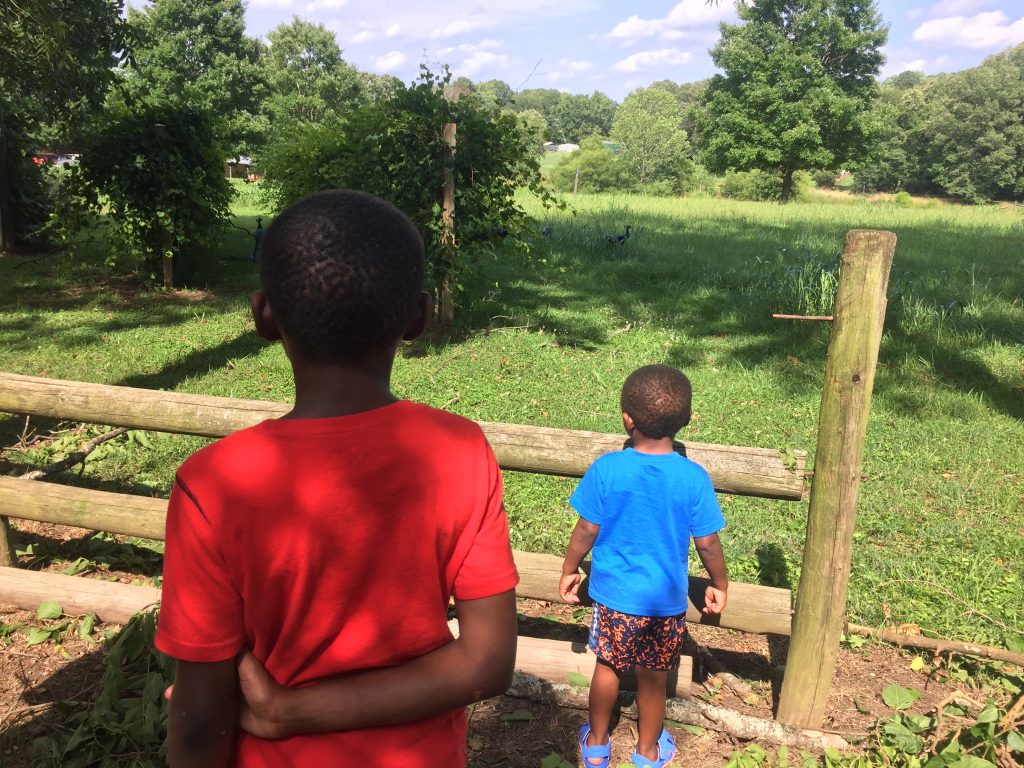
If the foster parent has some concerns about the other sibling or there being a negative impact on their child, that’s normal because you want to protect them. Lots of foster parents feel that way because sometimes there is a negative reaction after a sibling visit; it’s true. But what I’ve learned working with sibling groups is that after a child comes home from a sibling visit and has a negative reaction, it’s usually because they haven’t had that visit in awhile. Once they start seeing them on a regular basis, those negative behaviors will go down from that child after a sibling visit. They may act out because they feel like they probably aren’t going to see them for another three months or two- three years. So they will act out. With regular visits, you’ll be surprised how that negative behavior after visits dies down.
As far as being afraid of if there’s a situation where the sibling that is being visited is being a negative influence, supervision needs to happen. As long as there is someone there that can talk to both of them, it is worth it. Unless it is something that can hurt them, it can be more detrimental than you know to deprive them of that connection.
When have you seen sibling relationships really benefit children separated by foster care?
One of the sibling groups that I really love to talk about is a case of six. There aren’t many homes that can take a group of six- even in a group home. They have to go wherever they can. This particular group in 2015 hadn’t seen each other in two years. Their first visit was in Cleveland Park and when they saw each other, I’m talking about, it was like fireworks. It was a beautiful experience. The oldest child saw her youngest twin brothers and the foster mom put them down, they started walking. She didn’t even know they could walk! When they got together, they just played and it was wonderful. We kept those visits going for two years straight. Didn’t miss a sibling visit. It was every month.

The foster parents were a part of the visits. The foster parents developed a beautiful bond- a support system among each other. When they did that, the kids saw that. The kids started to develop a tight-knight bond. Let me tell you the success for these kids seeing each other every month. They all got adopted by the foster parents. It was three different homes- and the foster parents (now adoptive parents) still all get together, they still come over to spend the night with each other, they go on outings together, vacations together. Even though they’ve all been adopted, they are no longer in the system- it’s just been wonderful.
Foster parents have such huge impact on these kids and what you decide to do in allowing them to see their siblings, and have that sibling bond, it’s going to impact the rest of their lives. You already go above and beyond! But when you do special things like allow them to spend the night and go on outings and just be with their siblings, it just helps the whole entire support system. Even just allowing them to pick a birthday present or deliver a Christmas gift, letting them celebrate together- it’s so sweet and you will feel the impact of that. It’s not the big things! It’s the little things. To us, it’s just like “oh, I’m going to go get a gift” because we see each other all the time, but for them- it does something. I mean, it really, really does.
What can foster parents do to set up sibling visits?
Foster parents can set up sibling visits with the other foster parents or caregivers. But Sib-Link is available in Upstate SC and Denver, CO. Just let your case worker know that you want your child to be a part of the Sib-Link program and they can fill out the referral form on our website. They know about it. All the kids do not have to be in the area. Only one child needs to be in the area to bring all of the siblings together. I have one sibling group that has one child in Spartanburg and her sibling has been adopted and moved to Connecticut. But they still see each other! Whenever the adoptive mom wants to come to SC to see the sibling, all she has to do is call the Sib-Link Manager. As long as one is in the area, it doesn’t matter where the other kids are.
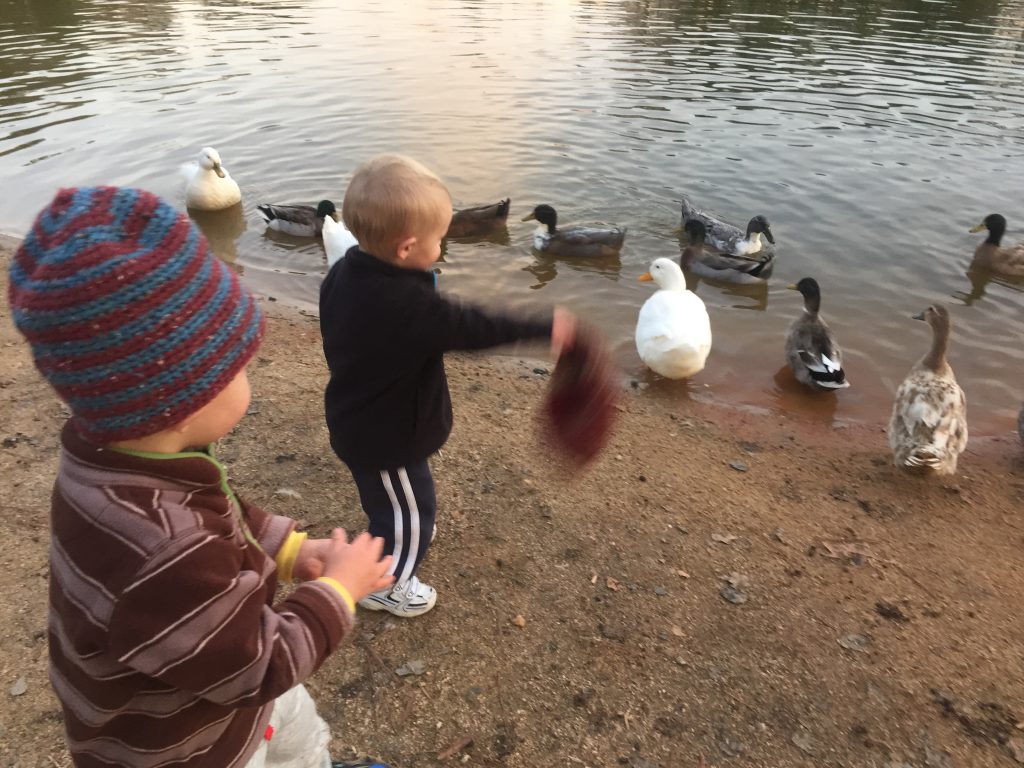
What’s one thing you’d like foster parents to know about sibling bonds?
The one thing that I want to leave you with is that this relationship is their longest-lasting and has the greatest impact on them. If you can get that relationship started or continued it will not only help them, but it will help them communicate with everybody- relationships with teachers, new friends. The sibling relationship starts the whole relationship pattern of their life.
Learn more about Sib-Link and how you can get your child enrolled in the program. Or watch here to see the power of sibling bonds.

